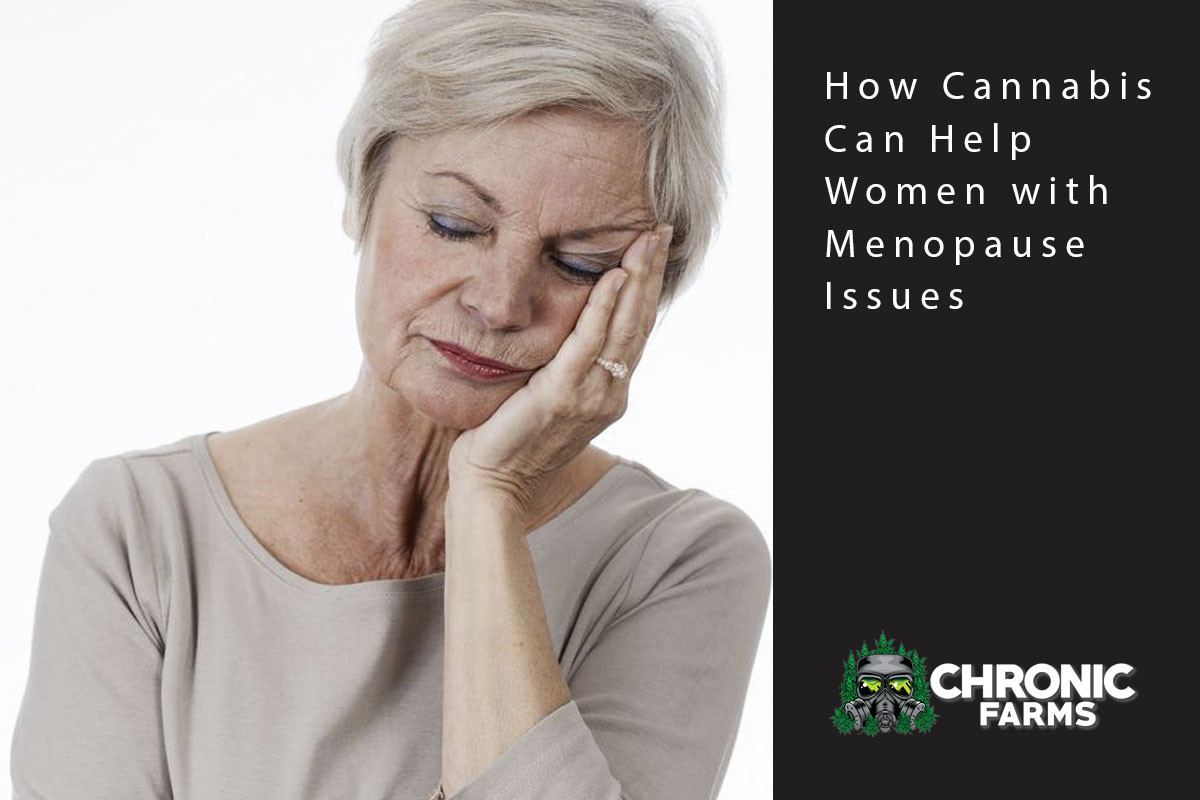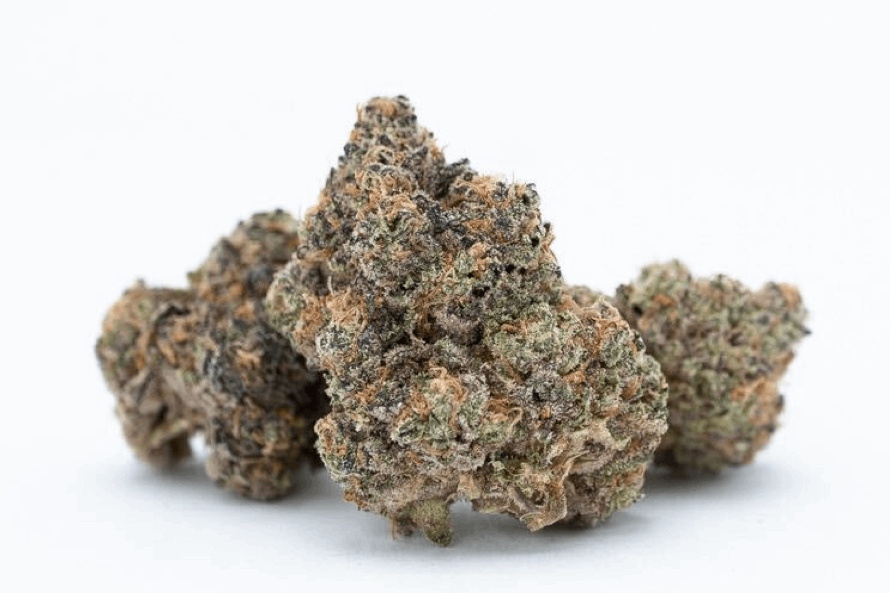How Cannabis Can Help Women with Menopause Issues

Menopause is a natural process that most women will experience sometime during their lives. It’s marked by a gradual decline in the production of estrogen, which affects many functions in the body, including sleeping patterns and mood. When menopause begins, many women experience changes in libido, energy levels, and mood. Cannabis can help relieve some of these common symptoms, making it an important part of the management plans for this common condition. A growing number of scientific studies are exploring how marijuana can be used to help with menopause-related issues. Let’s take a look at how cannabis might help with menopause as well as potential risks and side effects.
How Does Cannabis Help with Menopause Symptoms?
The endocannabinoid system (ECS) is a network of receptors and enzymes involved in almost all physiological processes in the human body. The ECS is also responsible for many of the effects of cannabis. Estrogen is important for many of the physiological changes associated with menopause, such as bone density. When estrogen levels are low, bone density decreases and many women experience increased bone loss and an increased risk of osteoporosis. The cannabinoid system is also involved in bone metabolism and appears to be especially important for women who experience peri- and post-menopause. Studies in laboratory animals have found that cannabis can help with menopause symptoms by reducing bone loss associated with low estrogen levels. This suggests that this herbal therapy may be useful for relieving some of the common symptoms of menopause, including low energy and mood issues.
Evidence of Benefits from Cannabis in Menopause Research
Studies have found that using cannabinoids like THC and CBD during menopause can improve mood and reduce anxiety, as well as decrease insomnia. There is also promising evidence that this type of therapy can help with sleep and fatigue by boosting energy levels. Studies on rats have found that cannabis effectively improves symptoms of menopause such as increased irritability and anxiety, reduced sleep, and increased fatigue. While these findings are promising, additional studies are needed in humans to determine if they are applicable to women.
Risks and Side Effects of Using Cannabis with Menopause
While this type of therapy may be helpful for some women experiencing menopause, it’s important to keep in mind that it may also have some risks and side effects. It’s important to discuss any cannabis use with your doctor ensure that you’re aware of any risks and side effects associated with this type of treatment. Some of the most common side effects from using cannabis with menopause include increased fatigue, decreased libido, dry mouth, dizziness, headache, increased thirst, increased appetite, and weight gain. It’s also important to note that these effects may not be experienced by everyone who uses cannabis.
Summary
Although cannabis has been used for thousands of years, there has only been a growing amount of scientific research on its uses for medical conditions over the past few decades. While the research is limited, there are several benefits that are supported by studies investigating the use of cannabis to treat menopause-related issues. Visit Chronicfarms.cc online dispensary for all your cannabis needs.















